Racial equity and the need for systems transformation
Cathann Kress – Board Chair
This post is also available in: Español (Spanish) Kreyòl (Haitian Creole)
Cathann Kress – Board Chair
Racial equity means people of all races and ethnicities live in a society where a person’s racial identity does not determine how they are treated or predict life outcomes. It is a core value and long-standing priority for the Kellogg Foundation because, for children to thrive, their families must be able to provide for them, and their communities must be places of genuine opportunity.
Our work on systems change is based on the understanding that major systems, institutions and structures that impact our lives – including education, housing, health care, transportation, justice and the economy – were all created by people. Systems develop over time and are often layered with practices. These practices can make sense and lead to opportunities, or sometimes they can be counterproductive to equity, either intentionally to keep others from fully accessing opportunities or unintentionally from lack of understanding or awareness of bias. The results are deeply ingrained inequities in policies, practices, resources, power dynamics and mindsets, but the impacts are clear — these inequities form the basis for many of our country’s most intractable problems and result in devastating outcomes for children, families and communities.
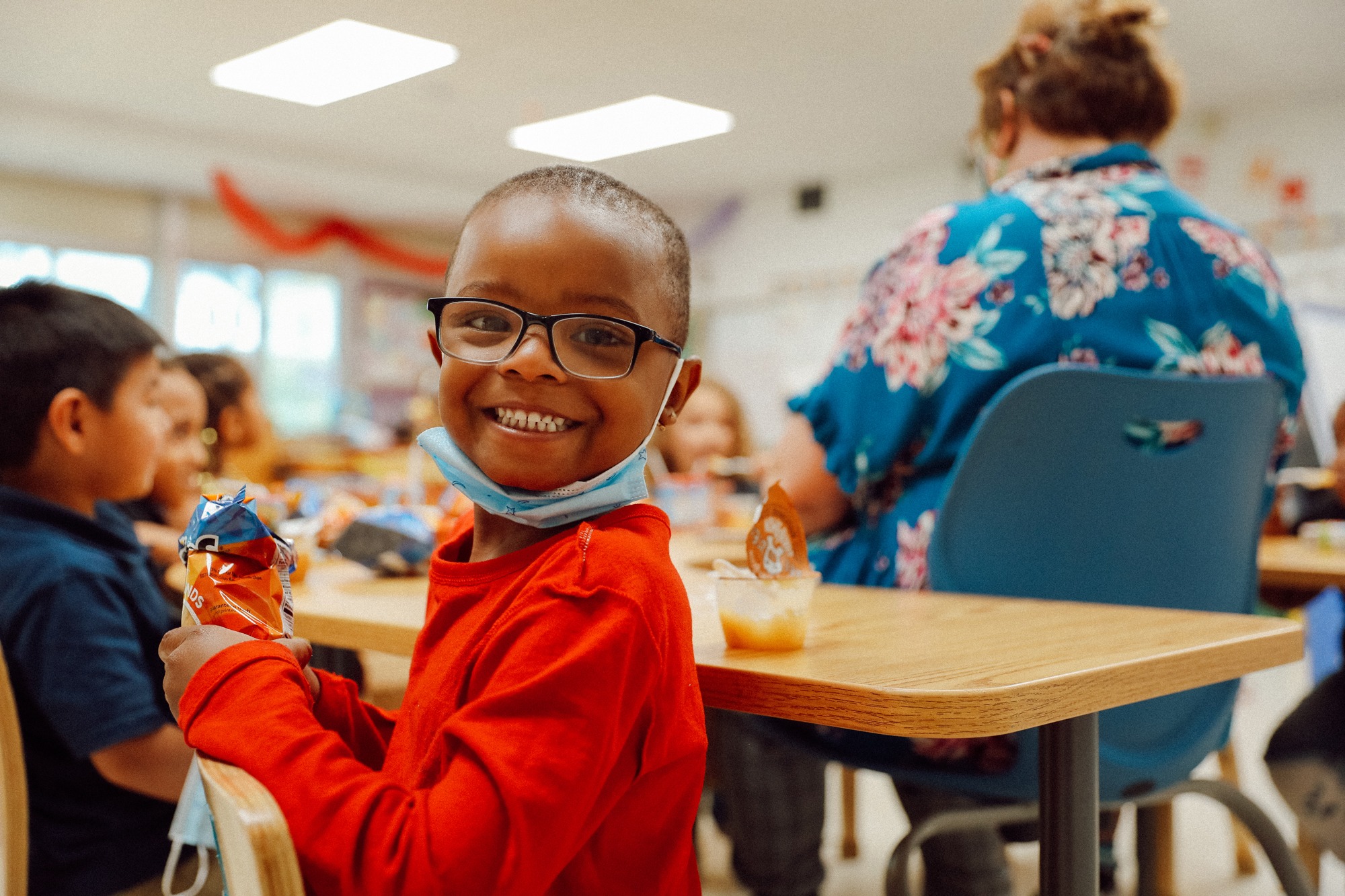
Systems change is a vital component in realizing racial equity because it aims not just to address symptoms of inequity but to fundamentally transform how we structure our communities, relate to one another, and even think about the challenges that are holding all our children back from reaching their full potential.
Relationships that foster connections across communities, life experiences and disciplines are especially critical to changing these systems because they help leaders share new ideas, learn from each other and break through longstanding barriers to progress. In November 2022, the foundation launched the Global Fellows Network, an initiative to foster connection, collaboration and action among 1,100 leaders from more than 40 countries who are associated with signature past and present WKKF fellowship programs.
These leaders work every single day to achieve the kinds of systems change we seek for the children and families we serve. We believe their combined strengths and connections will allow them to be more effective leaders locally.
The data is clear: Families of color living in low-income communities across the country face profound difficulties securing access to quality, healthy food. Data can simply be statistics quickly forgotten, but I ask all of us to consider if we intend to allow children to be less healthy and less ready to learn in school. It’s that simple.
It’s been encouraging for me to see the foundation encourage others in our sector to join us in investing in bold, visionary food system transformations like the Farm to Early Care and Education movement. By working across systems and linking health, education and agriculture, Farm to Early Care and Education initiatives connect young children with local food production and healthy eating to nurture their development, improve community nutrition and build strong, sustainable local food systems. In New Orleans, Grow Dat Youth Farm is taking a similar cross-systems approach to connect older kids and young adults to sustainable agriculture, healthy food and opportunities for youth leadership development on a working farm located on seven acres in the heart of City Park.
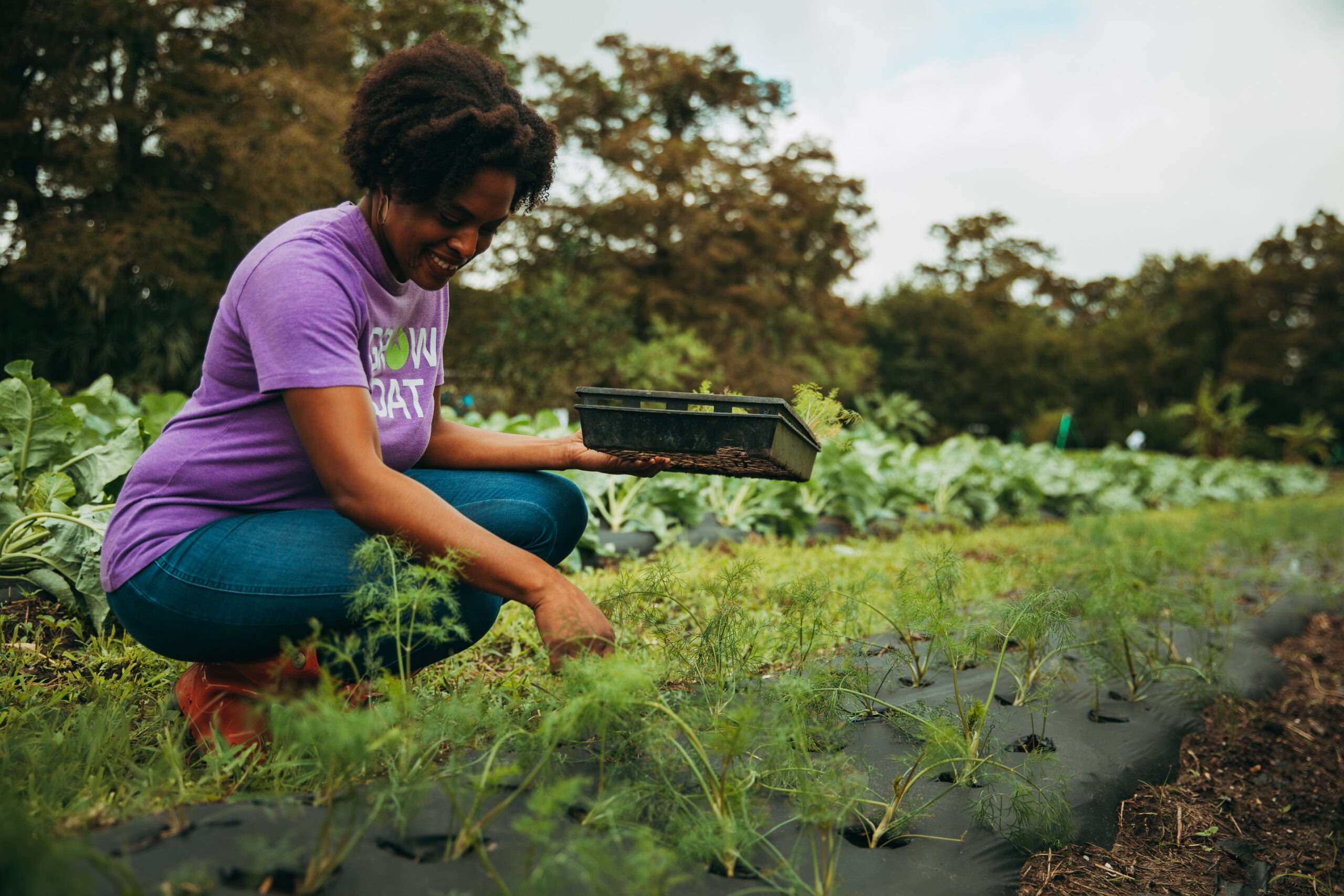
In addition to being a source of nutrition and learning for families and children, a strong local food system as also a source for the kind of community resilience and capacity building that’s key to racial equity. For example, a new force in the push for Haitian food sovereignty and rural economic development is the recently launched Haiti Food Systems Alliance, a 14-member coalition of Haitian businesses and organizations that promotes and fosters locally-led agriculture, health, childhood and higher education, research and economic development efforts. This trailblazing network will not only support local food security and sustainability but also illustrates how locally driven and directed solutions to community challenges are essential to fostering racial equity.
This past spring, a national infant formula shortage highlighted how solutions to the immediate infant food security crisis were critical, while a broader systems change-focused approach continues to be necessary to disrupt the long-standing racial and economic inequities that drove the shortage’s disproportionate impact on communities of color and families living in poverty.
It’s deeply concerning to recognize the persistence of disparate health outcomes for babies and birthing people based on race. To ensure that both before and at birth there is support and opportunity, the foundation has sought comprehensive, systems-change-oriented reform in its maternal-child health work over the past year.
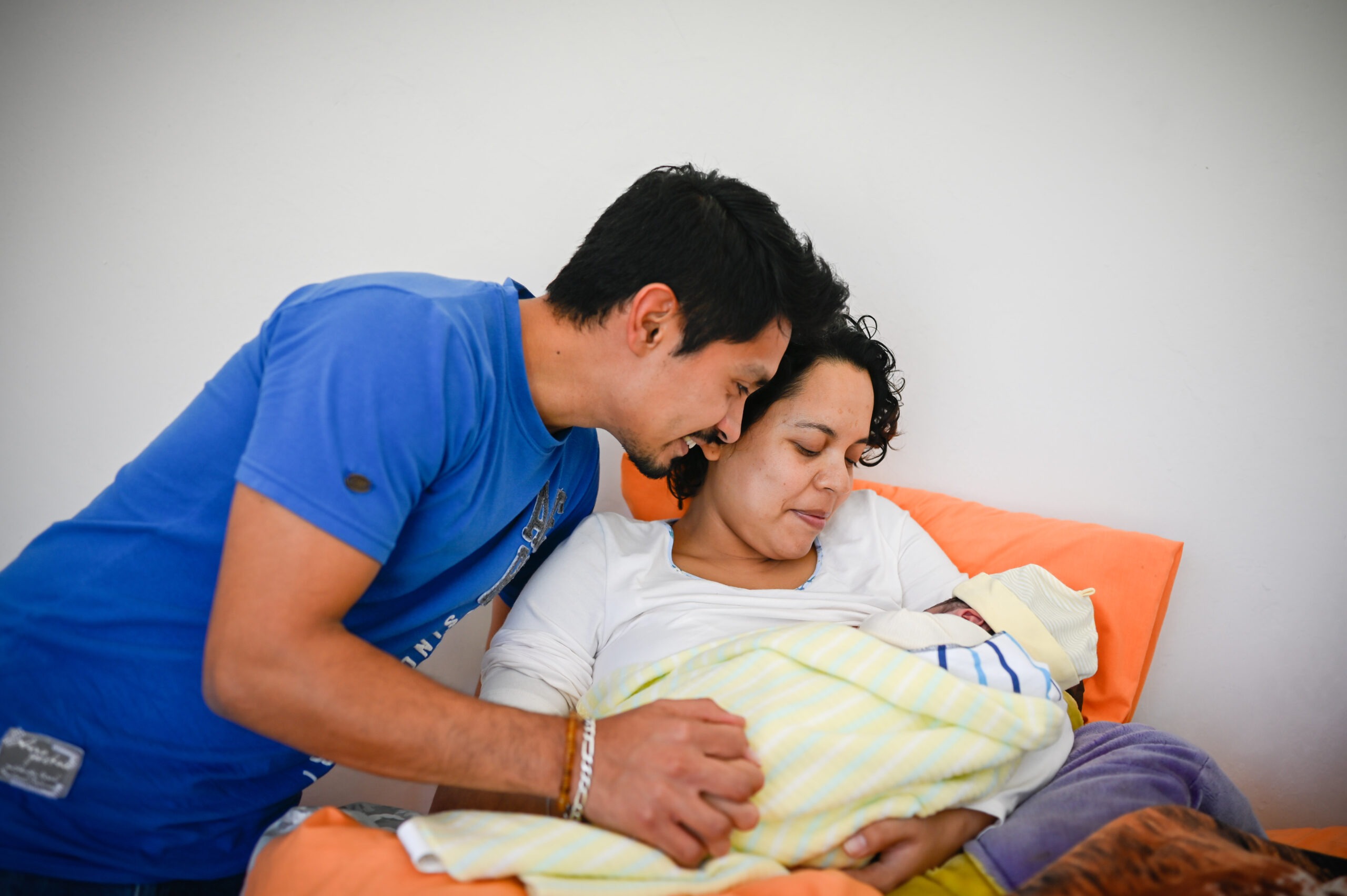
For example, the WKKF-funded documentary, Birthing Justice, brings attention to the broad systemic response needed to address the layered racial inequities that fuel the ongoing Black maternal mortality crisis in the United States. Similarly, a WKKF-funded report released this year, Advancing Racial Equity in Maternal-Child Health and Addressing Disparities through a Reproductive and Birth Justice Lens, examined the effectiveness of a suite of investments in community-based maternal-child health initiatives in New Mexico.
We ask our Truth, Racial Healing & Transformation communities to envision a world beyond racism – to imagine what children, families and communities would experience if racial identity no longer determined how they are treated or who they can become. This is the vision we seek in whatever sphere we’re working. What would it look like to feed one’s family or safely bring new life into the world absent racism?
This vision not only transforms who we are as individuals, but also guides us to transform the systems and structures that make up the world in which we live for all children, families and communities.
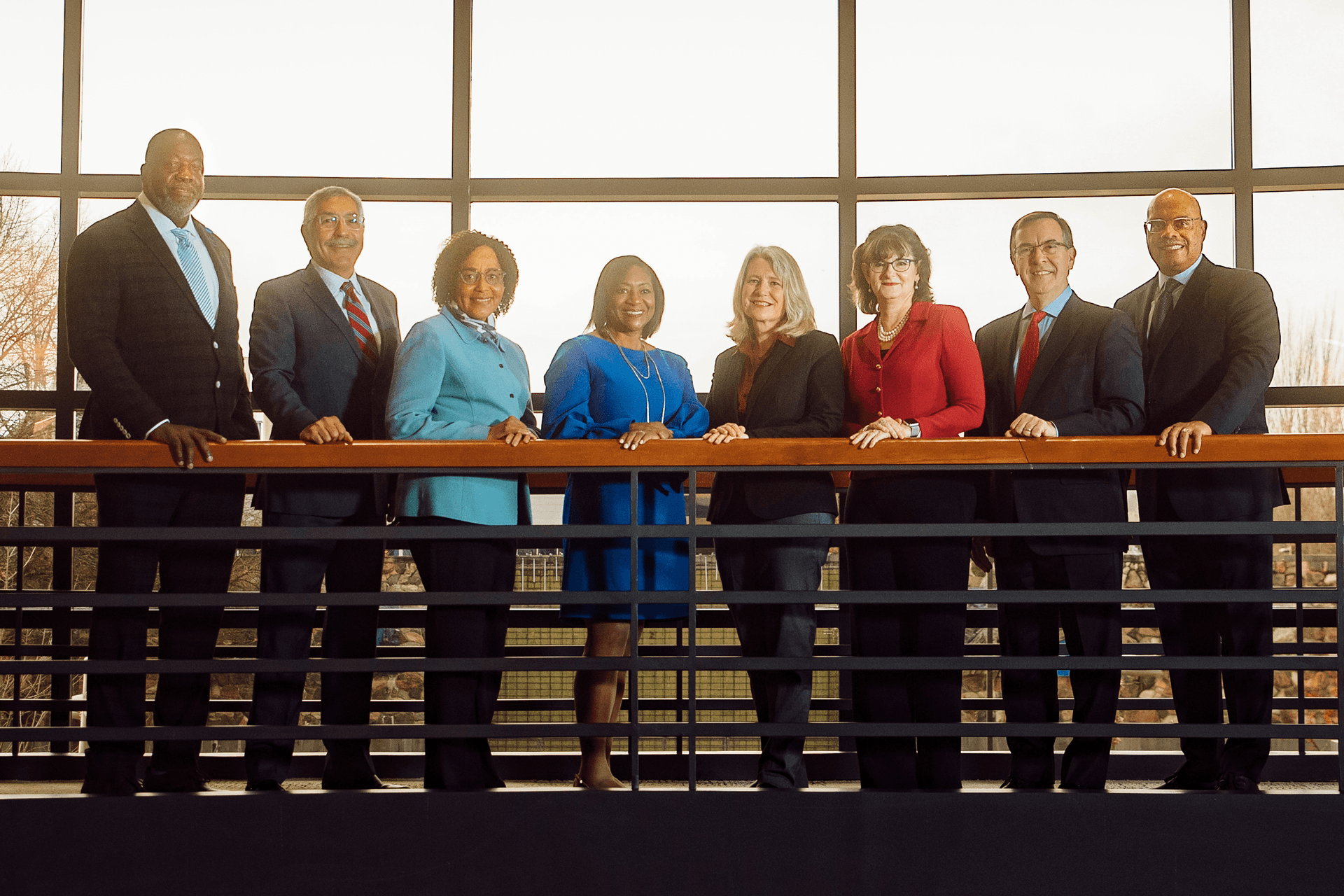
From left to right: Khan Nedd, Grand Rapids, MI; Ramón Murguía, Kansas City, KS; Celeste A. Clark, Battle Creek, MI; La June Montgomery Tabron, Battle Creek, MI; Cathann Kress, Columbus, OH; Christina K. Hanger, Plano, TX; Richard M. Tsoumas, Battle Creek, MI; and Rod Gillum, Detroit, MI. Not pictured: Milton Chen, San Francisco, CA.
As an important and strategic focus for our grantmaking, explore how WKKF trustees explain systems change.
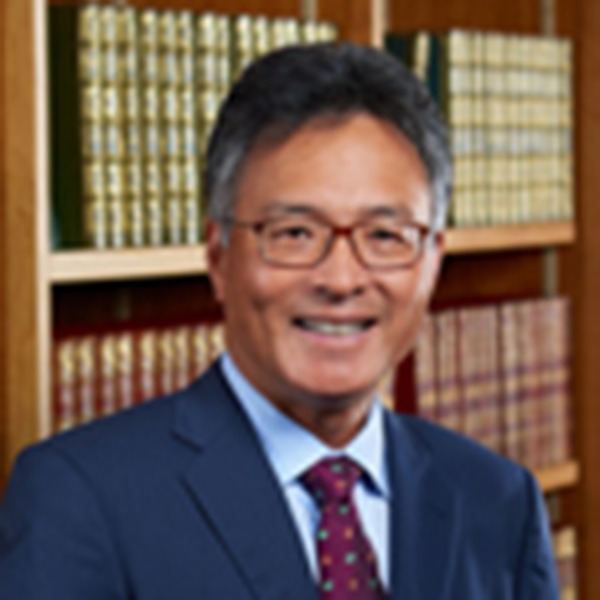
“Systems of inequity rely on perpetuating power and privilege. Systems change relies on movements bringing public pressure to bear on inequitable systems. And on extraordinary leaders willing to devote their lives to dismantling such systems, often at great personal sacrifice.”
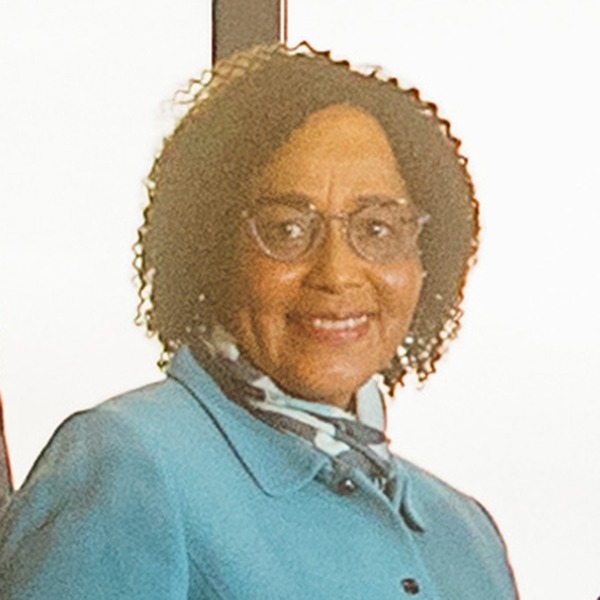
“Systems change does not happen—it is caused—through persistent hard work, girded by hope and optimism!”
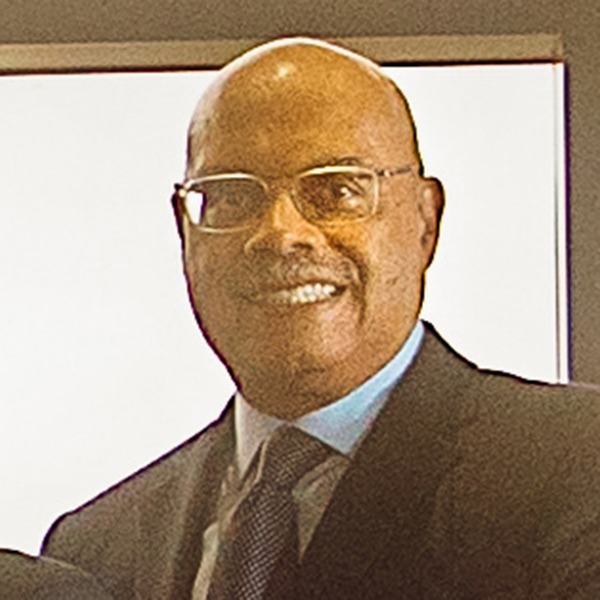
"Systems change grapples with the underlying causes of an undesirable condition, and not just the effects. Some guidance can be found through the lens of a gardener who is confronted with a dying plant. Does he water the brown leaves, or should his attention be on the roots—are they irrigated, provided the appropriate nutrients, and room to grow?”
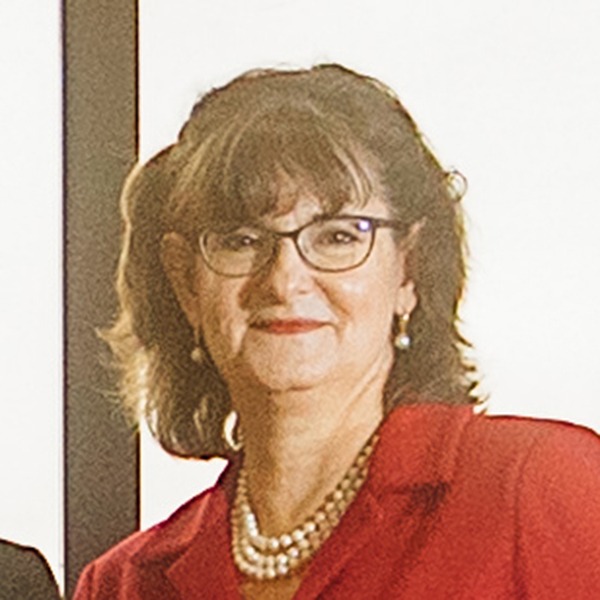
"Systems change is complex, challenging work. At WKKF, we are addressing the root causes of social problems, like inequity and poverty, to create long lasting, sustainable solutions. To do this work, we make long-term commitment, working with local leaders to shape policy, and building capacity of communities to effect change. Just like when you throw a pebble in a pond, systems change ripples outward with far reaching and transformative impacts."
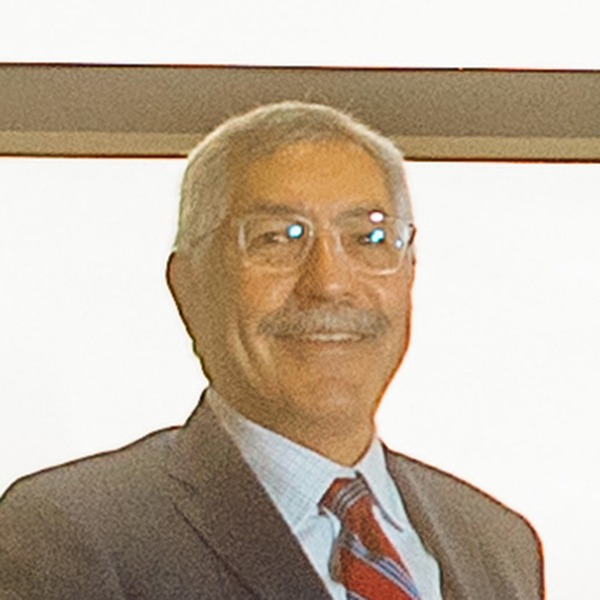
“Systems Change means our efforts to address the root causes of persistent poverty and discrimination to improve outcomes for vulnerable children. To me this means we must work across sectors (government, institutions, communities) to disrupt the status quo and push for transformative ways of addressing requisites of our most vulnerable and marginalized children. Unlike others in philanthropy, at WKKF we endeavor to include the voices of the families and communities thar are affected by the systems we seek to change.”
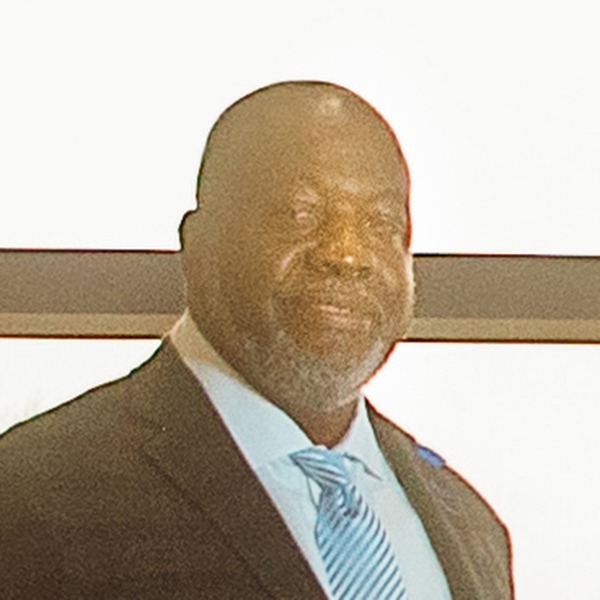
"System change: Balancing the natural energy of change with the deliberate interference of system evolution, guided by the principle building more equitable communities. Looking back forward!”
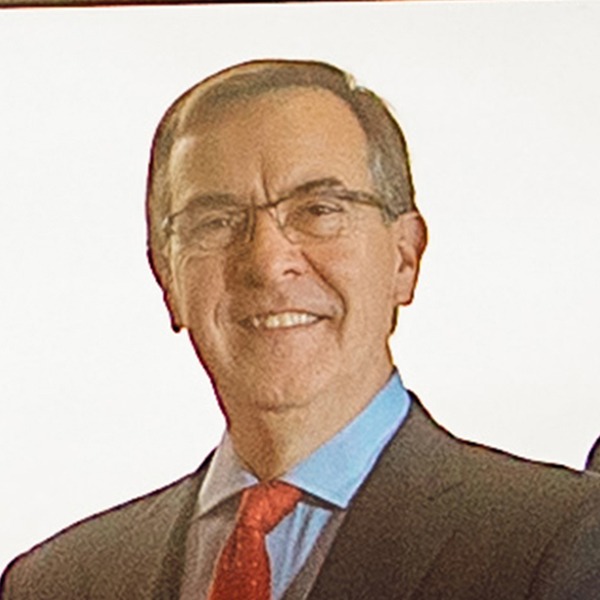
"To me, Systems Change means great opportunity and leverage. When we can change systems that impact many, rather than a few with an individual grant, or a small group through a program, we create great leverage and scalable change. It is compound growth for social good!”